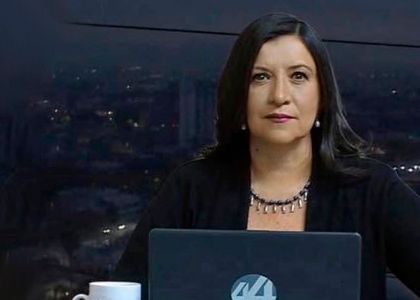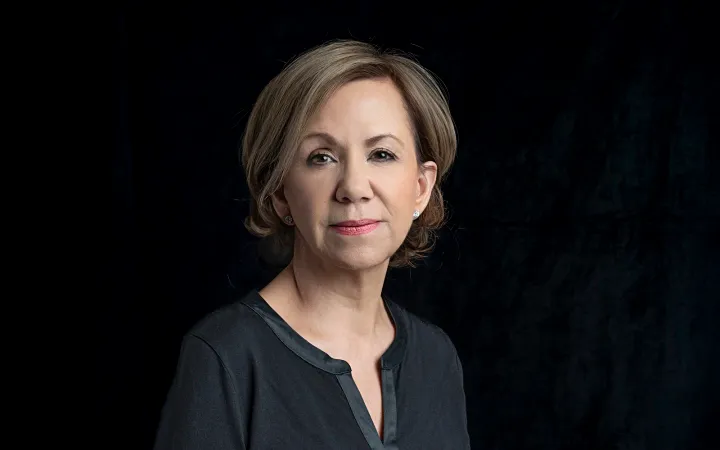
Por Sonia Serrano

Si en este momento tuvieran que rentarse tráileres para hacer frente a la crisis forense en Jalisco dos serían insuficientes. Cuando en el gobierno estatal anterior se tomó esa medida para almacenar los cuerpos que ya no cabían en los refrigeradores, el rezago era de alrededor de 900 cuerpos y segmentos. Los colectivos de familiares de desaparecidos aseguran que a lo largo de la actual administración se han acumulado entre tres mil y seis mil.
La diferencia y lo que ha permitido al actual gobierno mantenerse al margen de los escándalos, es que encontraron maneras de acumular los cuerpos dentro de los mismos espacios del Instituto Jalisciense de Ciencias Forenses. Es decir, la situación actual es mucho peor que la que llevó al estado a aparecer en medios de todo el mundo, pero en lugar de tráileres usan dentro de las instalaciones las cajas de refrigeración.
Este mes se cumplieron cinco años de aquel escándalo. El entonces director del Instituto Jalisciense de Ciencias Forenses (IJCF), Luis Octavio Cotero Bernal ha relatado en varias ocasiones lo sucedido: los cuerpos se acumulaban en el forense y ya no había espacios para darles un trato digno, así que la Fiscalía decidió rentar un trailer que se estacionó dentro del edificio de la misma institución.
El problema surgió porque ante la falta de insumos el sistema de refrigeración dejó de funcionar en varias ocasiones y los cuerpos comenzaron a descomponerse, convirtiéndose en un foco de infección y en un problema para trabajadores y vecinos. Además, el espacio en el que se instaló el tráiler era el de los peritajes de vehículos.
Entonces se tomó la decisión de trasladarlo a un predio fuera del IJCF, pero en el primer sitio al que lo llevaron la altura de la entrada era inferior a la del camión, por lo que se decidió moverlo nuevamente. Fue en este último trayecto cuando se quedó atascado en el lodo de una calle y, mientras encontraban la manera de moverlo, tronó el escándalo por el vehículo con 157 cadáveres deambulando por la ciudad.
Para ese momento, ya se había rentado un segundo trailer. En total, en ambas cajas se almacenaron alrededor de 400 cuerpos.
En los últimos meses de la anterior administración estatal se exigió al personal forense trabajar a marchas terminar con el rezago en la identificación de cuerpos. Según un informe interno entregado vía transparencia por el IJCF, el 6 de diciembre de 2018, cuando el gobernador Enrique Alfaro Ramírez asumió el cargo, en los diferentes espacios de refrigeración forense solo quedaban 289 cuerpos y restos humanos.
Lo anterior significa que la actual crisis forense en Jalisco podría ser de al menos tres o cuatro veces de la registrada cuando se rentaron los tráileres.
Las autoridades han asegurado que el problema se atiende. De hecho, los recursos han aumentado y se han creado nuevas áreas para la atención de esta agenda. Pero el reclamo de los colectivos sigue siendo el mismo: faltan genetistas, médicos forenses y personal en general. Lo que se requiere no son más espacios para almacenar cuerpos, sino que éstos sean identificados y entregados a sus seres queridos.
Las opiniones expresadas son responsabilidad de sus autoras y son absolutamente independientes a la postura y línea editorial de Opinión 51.
Más de 150 opiniones a través de 100 columnistas te esperan por menos de un libro al mes.






Comments ()